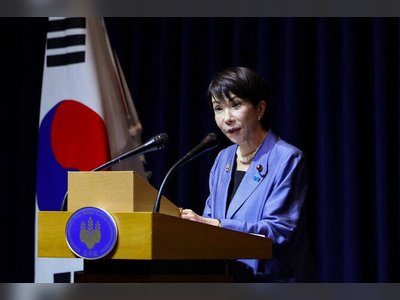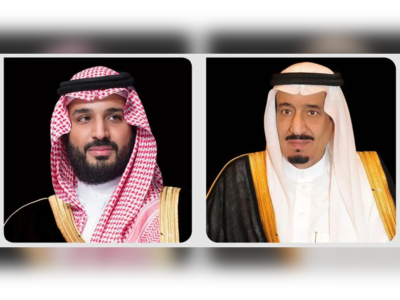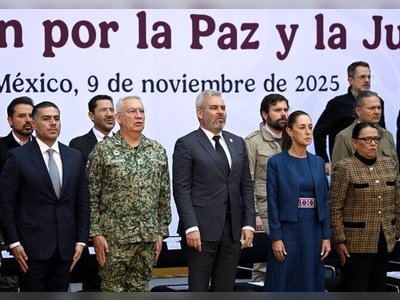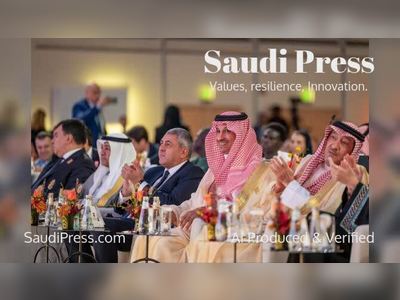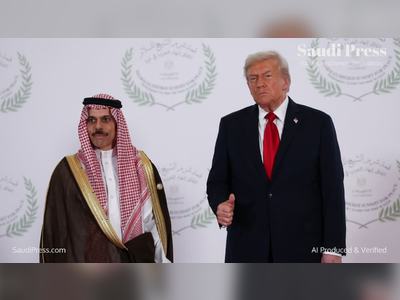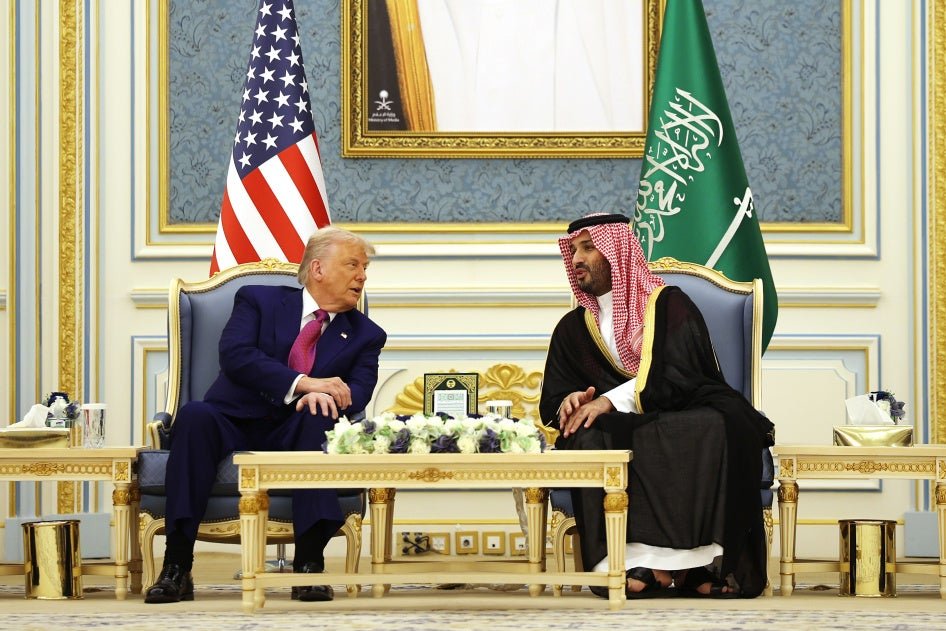
U.S. Rights Groups Call for Crown Prince MBS Visit to Washington to Prioritize Reform
Human rights organisations urge the Trump administration and Congress to press Saudi Arabia on dissent, executions and freedom of expression ahead of November 18 meeting
Eleven prominent human-rights and press-freedom organisations have jointly called on the United States government to use the upcoming visit of Saudi Arabia’s Crown Prince Mohammed bin Salman on November 18, 2025, as a moment to press for concrete reforms.
The visit, which marks the crown prince’s first trip to Washington, DC, since the 2018 murder of journalist Jamal Khashoggi, comes amid intensive bilateral diplomacy and a broader U.S.–Saudi reset.
The organisations, including Human Rights Watch, urged the Donald Trump administration and Congress to avoid treating the visit purely as a photo-op and instead insist on accountability, transparency and the release of detainees.
They pointed to recent executions—such as those of Jalal al‑Labbad and Abdullah al‑Derazi—and a record number of death sentences already this year as evidence of continued repression.
Among the reforms demanded were the immediate release of activists, writers and political detainees; lifting of arbitrary travel bans on dual nationals; and a suspension of executions, especially for offences related to peaceful expression.
The groups warned that failure to press for rights progress risks sending the message that repression will be tolerated in exchange for diplomatic access.
Saudi officials and the Trump administration have offered little public detail on the agenda for the visit beyond anticipated discussions on defence cooperation, investment ties and Middle-East diplomacy.
Analysts note that while economic and security outcomes are high on the agenda, human-rights issues may remain in the background unless civil-society voices secure a seat at the table.
The visit thus presents both a strategic opportunity and a human-rights test for Washington.
For Saudi Arabia, it offers a chance to re-engage the U.S. and elevate its global standing.
For the United States, it poses the question of whether strategic partnerships will continue to overshadow demands for reform—or whether rights will be charted as a non-negotiable element of diplomatic engagement.
The visit, which marks the crown prince’s first trip to Washington, DC, since the 2018 murder of journalist Jamal Khashoggi, comes amid intensive bilateral diplomacy and a broader U.S.–Saudi reset.
The organisations, including Human Rights Watch, urged the Donald Trump administration and Congress to avoid treating the visit purely as a photo-op and instead insist on accountability, transparency and the release of detainees.
They pointed to recent executions—such as those of Jalal al‑Labbad and Abdullah al‑Derazi—and a record number of death sentences already this year as evidence of continued repression.
Among the reforms demanded were the immediate release of activists, writers and political detainees; lifting of arbitrary travel bans on dual nationals; and a suspension of executions, especially for offences related to peaceful expression.
The groups warned that failure to press for rights progress risks sending the message that repression will be tolerated in exchange for diplomatic access.
Saudi officials and the Trump administration have offered little public detail on the agenda for the visit beyond anticipated discussions on defence cooperation, investment ties and Middle-East diplomacy.
Analysts note that while economic and security outcomes are high on the agenda, human-rights issues may remain in the background unless civil-society voices secure a seat at the table.
The visit thus presents both a strategic opportunity and a human-rights test for Washington.
For Saudi Arabia, it offers a chance to re-engage the U.S. and elevate its global standing.
For the United States, it poses the question of whether strategic partnerships will continue to overshadow demands for reform—or whether rights will be charted as a non-negotiable element of diplomatic engagement.
